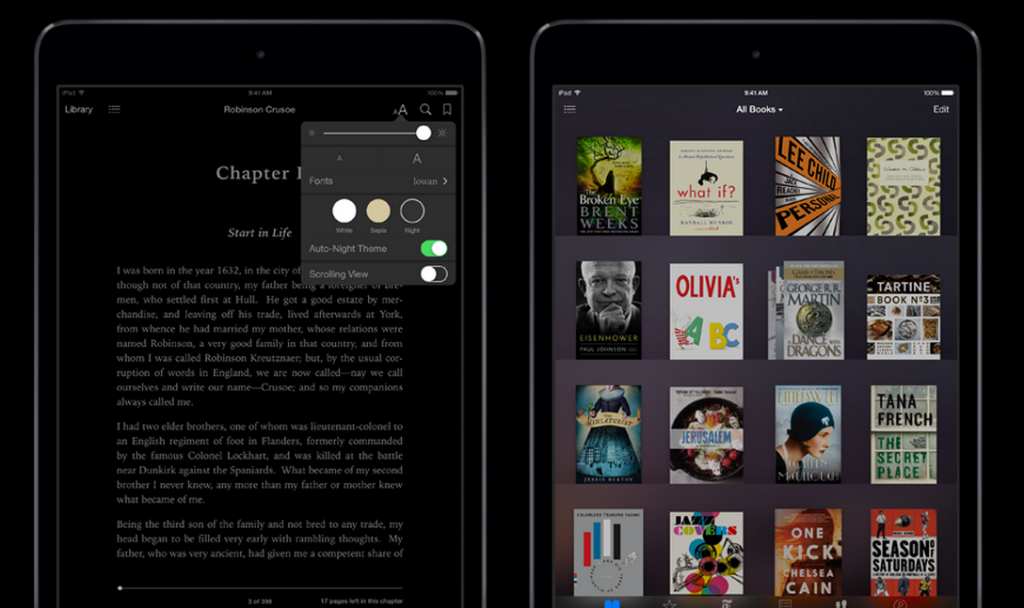-
Tips for becoming a good boxer - November 6, 2020
-
7 expert tips for making your hens night a memorable one - November 6, 2020
-
5 reasons to host your Christmas party on a cruise boat - November 6, 2020
-
What to do when you’re charged with a crime - November 6, 2020
-
Should you get one or multiple dogs? Here’s all you need to know - November 3, 2020
-
A Guide: How to Build Your Very Own Magic Mirror - February 14, 2019
-
Our Top Inspirational Baseball Stars - November 24, 2018
-
Five Tech Tools That Will Help You Turn Your Blog into a Business - November 24, 2018
-
How to Indulge on Vacation without Expanding Your Waist - November 9, 2018
-
5 Strategies for Businesses to Appeal to Today’s Increasingly Mobile-Crazed Customers - November 9, 2018
Apple planning electronic books case appeal to Supreme Court
“This question is exceedingly important to the United States economy as it concerns the rules that will govern disruptive entry by dynamic companies into new or stagnant markets”.
Advertisement
In a story that would, ironically, make a pretty good eBook holiday thriller, Apple has dredged up its seemingly-ended eBook pricing conspiracy lawsuit – asking the U.S. Supreme Court to overturn a ruling stating that Apple conspired to fix eBook prices when it launched its original iPad and iBook store in January 2010. This allowed Apple to match or beat Amazon’s prices.
Apple will appeal to the Supreme Court in ebooks price fixing antitrust case, but it hasn’t submitted its formal request to the High Court yet. In return, the iPhone maker received a bigger cut of sales.
Assuming Apple receives the time extension, it will have until October 28th to file its full request to the court, which will then decide whether to hear the case. Apple appealed the decision and it was held up by the Second Circuit 2-1 in June.
When it lost its Second Circuit appeal, Apple issued a public statement arguing that while it wanted to put the case behind it, it did nothing wrong and was continuing to fight for “principles and values”.
Let’s not forget the very basics of the case, as proven in court, and not disputed by Apple either: Apple conspired with publishers including Hatchett, HarperCollins, Macmillan, Penguin and Simon & Schuster in order to sell e-books more expensively than the traditional $9.99 price tag that Amazon set on its own books.
Advertisement
The company’s grounds for appeal are that Cote didn’t consider the case in a proper framework, namely the competitive benefits of Apple’s behavior including challenging Amazon, which had overwhelming dominance of the e-book market.




























